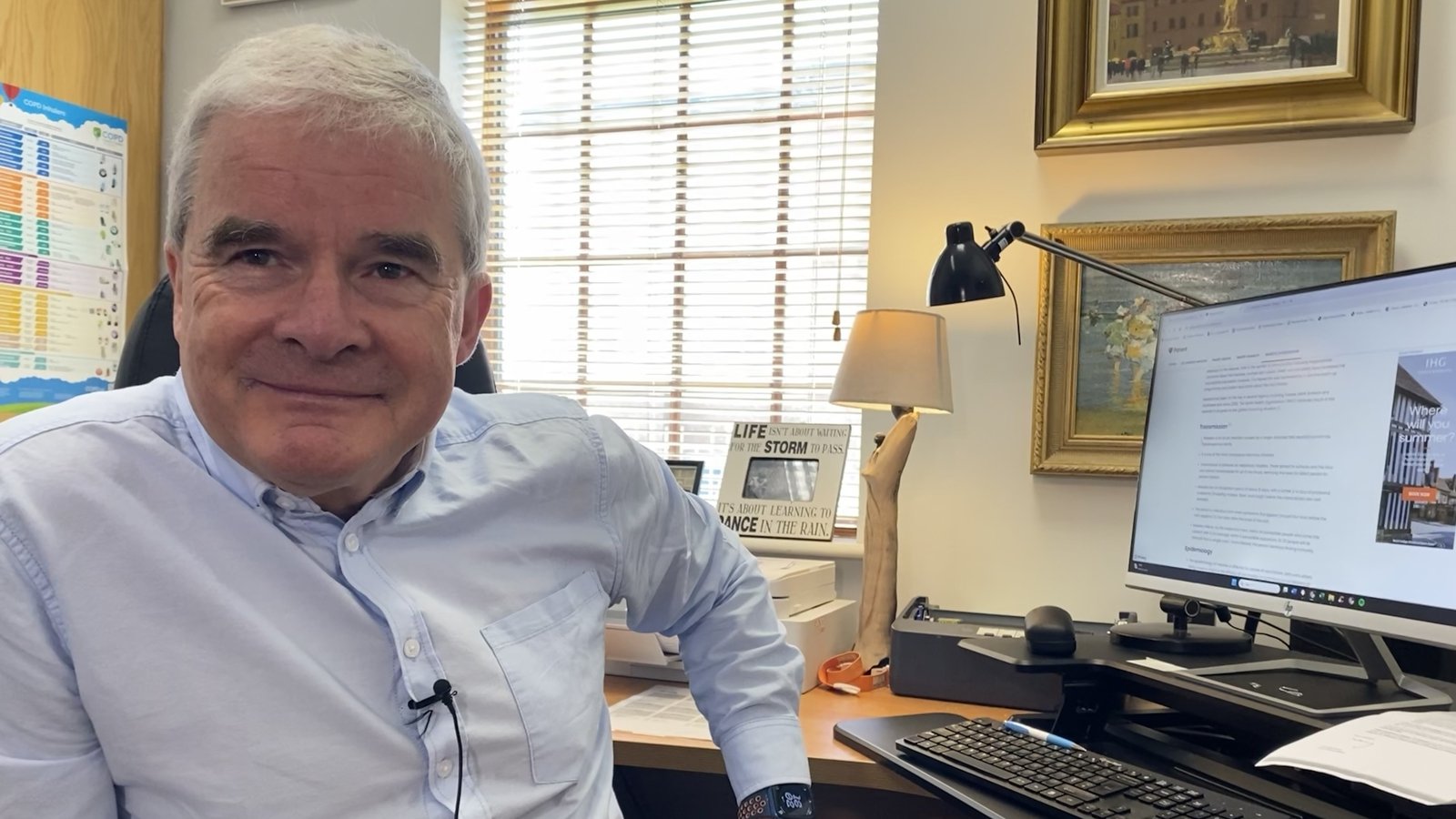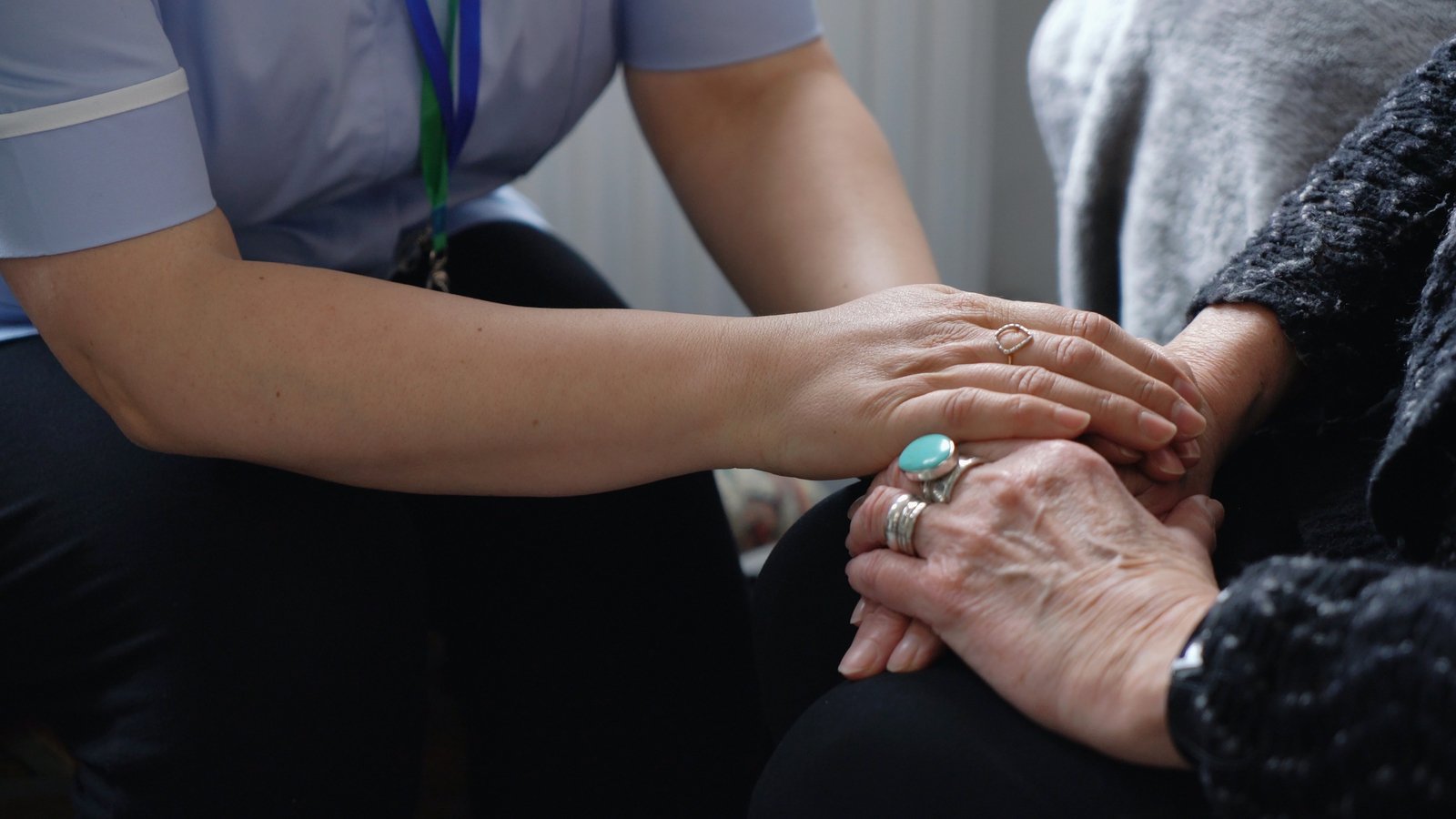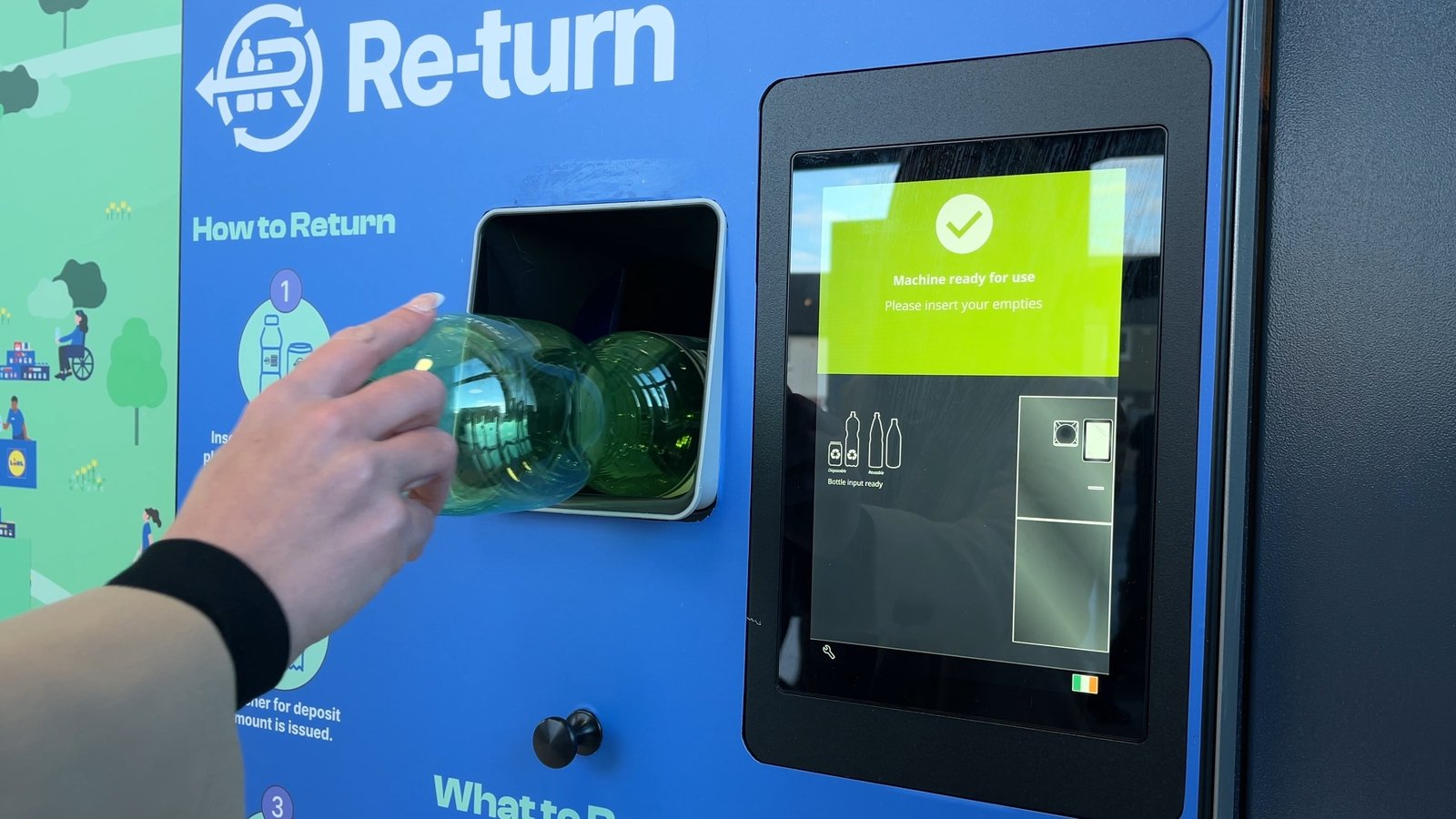Measles vaccination urged after 53 cases so far this year


Dr David Curtis has been in medicine long enough to remember a time when babies were contracting measles and in many cases becoming very ill and requiring hospitalisation.
“We worried about those babies much more than an awful lot of other children who came in, because it’s a viral infection so it’s harder to treat,” he explains. “Antibiotics don’t really work as quickly as if it was a bacterial infection.”
And measles can cause severe complications, particularly in people so young: “In babies they can get very severe respiratory conditions and one in five children [with measles] will end up in hospital.”
Now based at the Sunnywide Medical Centre in Wexford town, Dr Curtis says he alone of the GPs working there has come across any case of measles, such was its rarity for years.
“For a long time we didn’t see measles, measles wasn’t around so it wasn’t in our clinical agenda. Now suddenly it’s back again. The main reason for that is that there was a lack of MMR vaccines given out about 20 years ago and now we’re seeing the consequences of that. There’s been 53 cases in Ireland so far this year and it’s highly infections and very dangerous.”
Meanwhile, prevalence of the disease is also on the rise across Europe, in part because of a lack of MMR vaccines in the home countries of some people emigrating to European countries, with the result that people travelling to countries with high incidence of measles are at greater risk. Particularly the very young.
“Babies, children are the most vulnerable, and what we’re particularly concerned about at the moment is that it’s very prevalent in Europe,” Dr Curtis says. What’s happening is that when we go on holidays now, our children are exposed to it and also adults who didn’t get the MMR.”
Measles can cause severe respiratory illness, especially among children, and have other long-lasting and potential implications, so because of the rising incidence of the disease across Europe, doctors and the HSE are advising that babies between the age of six months and 12 months should be vaccinated at least two weeks before travelling abroad.
The usual time for the first MMR (measles, mumps, rubella) vaccination is 12 months, and this will be administered in any event to babies.
Meanwhile, adults travelling with babies should be twice-vaccinated, the doctors say, and anyone in doubt as to whether they have already been given two shots of the vaccine as children, should get another vaccination anyway.
“We are advising that if you’re going abroad and, especially if you’re in crowded areas like planes, trains, buses, that we are risk and if children get it they get very sick. Very sick.”
One in five of children who contract measles will end up in hospital, he says. “The other thing is it’s highly contagious so if you go into a bus and someone in the bus has measles, you will get measles if you’re not protected.”
Clinical lead with the Irish College of General Practitioners, Mayo-based Dr Scott Walkin, said measles is very easily passed around, particularly among people who are travelling within confined spaces together.
“Across Europe almost all countries are reporting increased numbers such as Germany, Austria, there are a lot of cases in the UK, a lot also in Romania and because, in airports we will tend to meet lots of other people from lots of other parts of the world and also because we tend to be crowded together in queues for security, etc, measles as a very contagious condition is very easy to pass around in the context of travelling and that’s why a pre-travel MMR vaccine is very important.”
People born in Ireland before 1978 are considered to be immune from measles, he adds, but anyone born after that who hasn’t already been vaccinated should get the MMR vaccination.
“Those vaccines are available for free from a GP. The MMR vaccine is usually given in the routine childhood vaccination schedule at the age of 12 months and at around about the age of junior infants. For infants who are travelling before their first birthday, they can also get a pre-travel MMR vaccine to protect them. That’s for infants aged from six months up to and including 11 months. Infants are particularly at risk of severe outcomes from measles, so that is a very important thing.”





